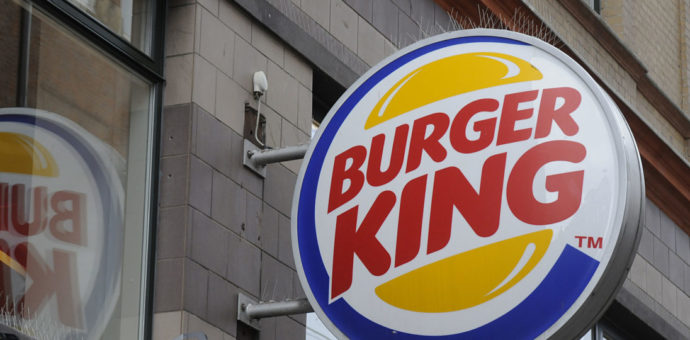The Burger King of Venezuela began to accept cryptocurrencies as a form of payment. The initiative is a further demonstration that the country’s relationship with cryptocurrencies has been growing. With inflation in critical situation for several months, the population has been looking for new ways to bypass the devaluation of the local fiat currency.
Burger King’s initiative with cryptocurrencies is a partnership with startup Cryptobuyer and is concentrated in units in the Sambil region of Caracas. In addition to bitcoin, consumers will be able to buy snacks using ether (ETH), litecoin (LTC), binance coin (BNB), dash and tether dollar (USDT).
Cryptobuyer is a gateway to cryptocurrency payments based in Panama and is responsible for facilitating the payment process so that different companies can accept cryptocurrencies. Thus, the company converts cryptocurrencies and pays the store into fiat currency. Besides, Cryptobuyer has a number of bitcoin ATMs in the country.
According to Dash’s blog, the fast food chain intends to expand cryptocurrency acceptance to all 40 stores located nationwide. The company’s forecast is that Venezuela will see an increasing acceptance of cryptocurrencies during the year.
It is worth remembering that using bitcoin as a means of payment is not a unanimity in the global cryptocurrency ecosystem. The currency has been seen as a store of value with gold-like features and, for that reason, it would be a nonsense to spend it once possessing the currency.

Petro, national cryptocurrency, is ignored by the population
Cryptocurrencies are not new to Venezuelans. Faced with national hyperinflation, Nicolás Maduro’s government launched the Petro in 2018, a cryptocurrency pegged to the value of oil traded internationally across the country. The Venezuelan President’s intention was to bypass comprehensive U.S. sanctions on the country in the international market. However, the cryptocurrency is largely ignored by the population, who do not know how or where to buy it. Venezuelans have adopted the bitcoin to protect the value of local currency.
In an attempt to expand the use of the mentioned national cryptocurrency, Venezuela’s government recently demanded that certain maritime fees, currently paid in euros, should be paid in Petro. The requirement is an attempt to strengthen the cryptocurrency and help President Nicolás Maduro reducing the country’s dependence on foreign currency.
The novelty coincided with the resumption of oil exports after U.S. sanctions imposed to Venezuela and state-owned PDVSA. However, in the first month of adoption, 1 million barrels of oil were no longer exported from the country.
Another attempt to boost trust and credibility in Petro locally took place in December. Civil servants and retirees received a Christmas bonus in Petro equivalent to US$ 30. Usage difficulties, however, still prevent people from using the cryptocurrency. In places where it is accepted, the difficulty in making payments ends up generating queues and discontent.







